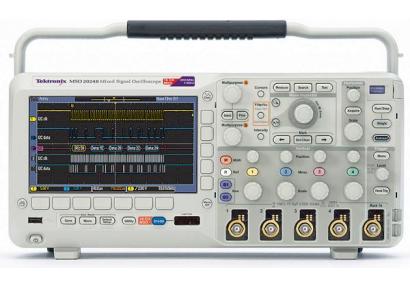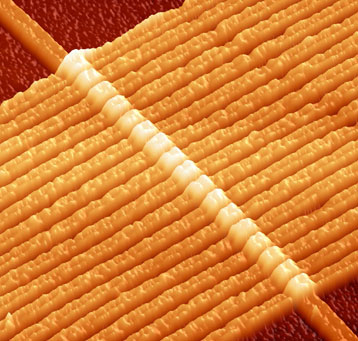
Want a new scope for your hacking pleasures? How about one that rings in at $3650? That price tag makes us cringe, which is why we’re working on our 1k word essay to win one. The Tektronix MSO2024B pictured above is the top scope in its family and there’s more than enough features to start the drool flowing. Need more motivation? Check out the demo/advertising video below which walks through an overview of what the scope has to offer.
The contest — sponsored by EETimes and Tektronix — seeks to reward the best story about fixing a product that was disappointing on delivery but awesome when you got done hacking on it. Your thousand words or less are due by October 26th along with a fifty word bio about yourself, with the winner announced on Halloween. Be warned, you must register an account to qualify But we hit their daily article viewing limit while writing this post so you may need to log in just to read about the contest. Or clear their cookies… we are a hacking website after all.
They’re only giving away one scope. So don’t put this one off. Start polishing your totally bogus legit story about how you fixed something using mad engineering skills.











